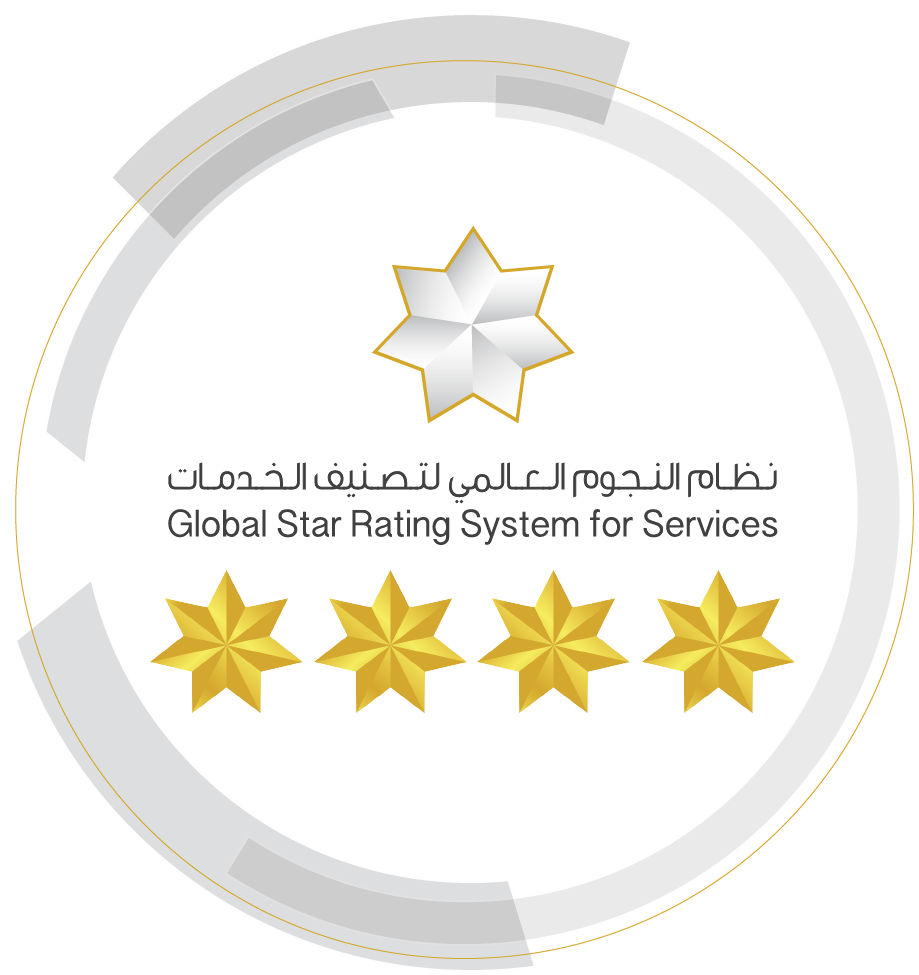Combatting Human Trafficking
The UAE is a leading player in the global campaign against human trafficking. The UAE was the first country in the region to enact a comprehensive anti-human-trafficking law with Federal Law 51 in 2006. Under the law, human trafficking includes all forms of sexual exploitation and engaging others in prostitution, servitude, forced labour, organ trafficking, coerced service, enslavement, begging, and quasi-slavery practices. In addition, the law stipulates that if a person is aware of an incident of human trafficking and does not report it, he or shie is liable for punishment. Furthermore, the law raises awareness of crimes linked to human trafficking and provides support and protection to victims and eyewitnesses. It stipulates a minimum fine of AED 100,000 and a minimum term of five years in prison for offenders. In 2013, the law was amended in conformity with the United Nations Protocol to Prevent, Suppress and Punish Trafficking in Persons, especially Women and Children (Palermo Protocol), which the UAE ratified in 2009. The law was further amended in February 2015 to strengthen support and protection for victims and witnesses.
The National Committee to Combat Human Trafficking (NCCHT) was established by a Cabinet decision in 2007 to coordinate efforts to ensure the effective enforcement of Federal Law 51. The Committee includes 18 representatives from various federal and local institutions. NCCHT has implemented a five-point strategy to fight the menace of trafficking, comprised of the prevention, prosecution, punishment, protection, and promotion of international cooperation. NCCHT produces an annual report on combatting human trafficking in the UAE, which can be found on the Committee's website: www.nccht.gov.ae
The UAE currently maintains a network of shelters to protect and rehabilitate victims of human trafficking. Shelters are located in Abu Dhabi (EWAA Shelter for Women and Children), Dubai (Dubai Foundation for Women and Children), and Ras Al Khaimah (Aman Shelter for Women and Children). In addition, a dedicated hotline facilitates the reporting of cases of human trafficking and enables victims to request protection by calling 800SAVE.
Since human trafficking most often begins in the home countries of victims, the UAE has signed agreements with several countries to exchange best practices on the prevention of human trafficking and enhance assistance for victims of this crime. The UAE also participates in several regional and international efforts to counter human trafficking and regularly raises issues with the Arab Human Rights Commission Charter Committee.
In previous years, the UAE has hosted the UN Special Rapporteur on Trafficking in Persons, who recognised the progress achieved by the national campaign to combat human trafficking.


